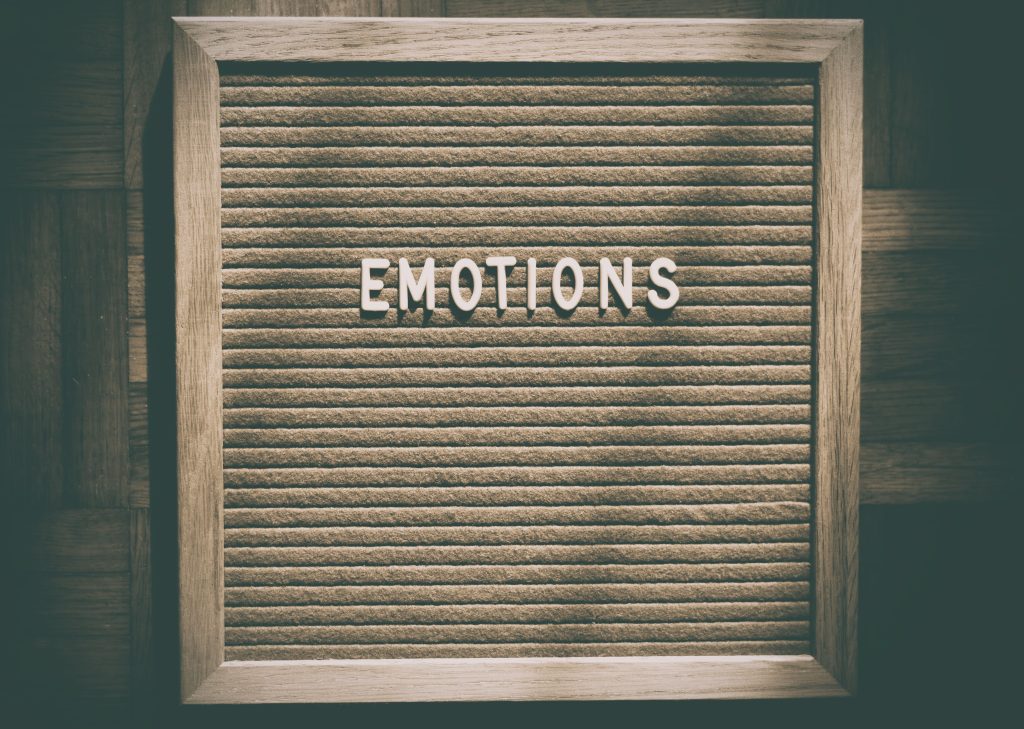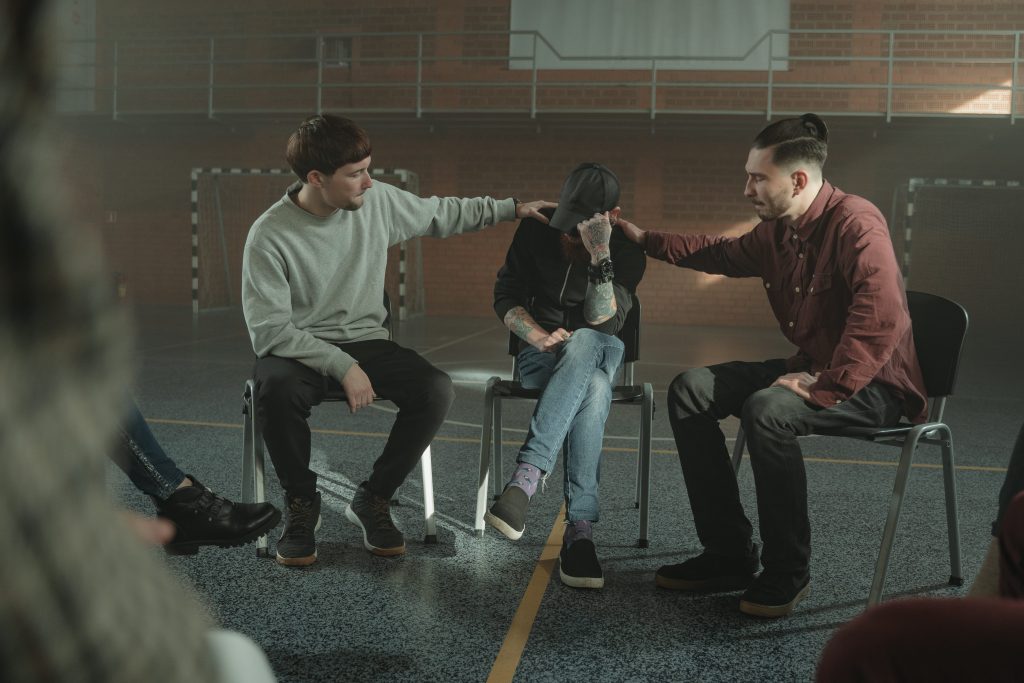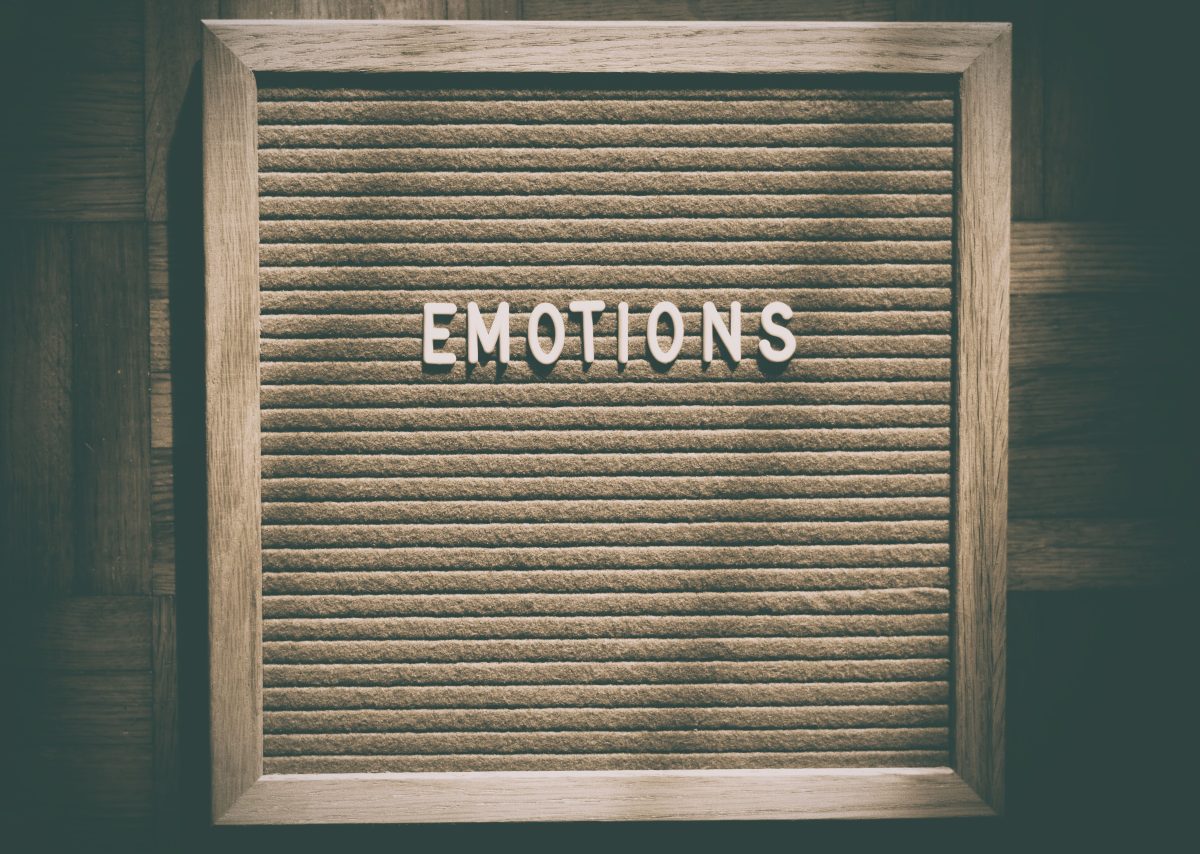Our experience tells us that recovery starts with you!
Nearly every family member or close friend of someone battling an addiction asks us this question.
Substance use disorder (SUD), also known as addiction, always affects people other than the person who is ill.
Yet how? How can you acknowledge that drinking or using negatively impacts your life if you’re sober and you’re not the one doing it?
In reality, actively witnessing a loved one suffer from a substance use disorder impacts your outlook and well-being. How can your emotions matter when they’re the ones confronting what looks like a huge obstacle? How might your experiences be significant?
That’s what we’re here to inform you of. You matter.
We’re here to tell you how your loved one’s battle with substance use disorder affects you in all of your experiences, emotions, and other ways that matter. Guilt, shame, fear, and loneliness are all genuine and perfectly acceptable emotions for people actively battling addiction and those who love them.

How am I affected by a loved one’s addiction?
The effects of a loved one’s substance use issue on you are numerous:
- Self-care and physical well-being
- Relationships with them and other people could suffer
- Reasoning and thinking may be distorted
- Emotions, moods, and feelings fluctuate
- Work or academic performance may suffer
- The balance of one’s spiritual or life ideals may feel off
Recovery for the family
A crucial first step is recognising and acknowledging how you are affected. The next step is to experience the same healing in the areas you wish to heal for your loved one.
If you’re like most other supporters, you might consider this amount of self-care self-indulgent or selfish. You could think that helping your loved one with a substance use disorder won’t be possible if you spend the meagre resources, you still have on yourself.
But we’ve discovered that the best way to start helping a loved one with a substance use issue is by looking after yourself first. This provides you with the support, strength, understanding, and coping mechanisms to support your loved one appropriately while finding a new balance in your life.
Many choices are available to help you, like those for treating substance use disorders. Finding something that works for you—and individuals who get it—is everything.
Al-Anon and Nar-Anon are free 12-Step support group for family members and friends of those who use alcohol or other drugs
There are also expert counselling services for the family and friends of the person battling addiction. These empower the family members to initiate a healing process for themselves and facilitate recovery for their loved ones.
How you can help your loved one
It is possible to effectively support your loved one while simultaneously taking care of yourself and acknowledging the effects your loved one’s addiction has on you.
Even though you can’t alter their decisions or make them change, you are still one of their most important influences.
Being there to listen, non-blaming, and non-judgmental is one of the most effective ways to use this influence while your loved one navigates their substance use disorder path, regardless of where they are on it.
This may not seem like an easy or fast way to get better. But it’s those little steps that will help your loved one turn things around and finally make a full recovery.
Healthy communication is the first step in promoting these modest but significant actions. The first step in doing this is to free your loved one from the disease of substance use disorder. In moments of frustration, rage, or fear, remember that you love this person for who they are. Realising that you love this person for who they are at their core helps you figure out how to deal with them when you’re frustrated, angry, or scared.
Allowing your loved one to investigate their options as you establish open communication channels and meet them where they are.

Recovery options
Are they prepared, for instance, to join Alcoholics Anonymous (AA), Narcotics Anonymous (NA), or other support groups? If so, how can we assist? Do they want you to drive them somewhere? What constructive action are they prepared to take if not? And what can you do to help them?
It’s critical to remember that there are no absolutes regarding substance use disorders. It’s important to respect whatever emotions you’re experiencing at any given time because the emotional rollercoaster affecting your life and the life of your loved one will continue.
Discover your supporters. Maintain positive, open, and honest communication. Above all, choose the most effective treatment program for you and your loved one.
Remember, the first step in addiction recovery is detox. The accompanying withdrawal symptoms should be medically managed. Most alcoholics and addicts resist admission to rehab for various reasons. Moreover, rehab can be expensive.
Now expert detox services are available at home so that the individual feels safe and comfortable in familiar the familiar environs of their homes and can even continue with their work or school.
Freephone: 0800 140 4044
Local rate: 0300 330 3040
Contact us here to find out more



